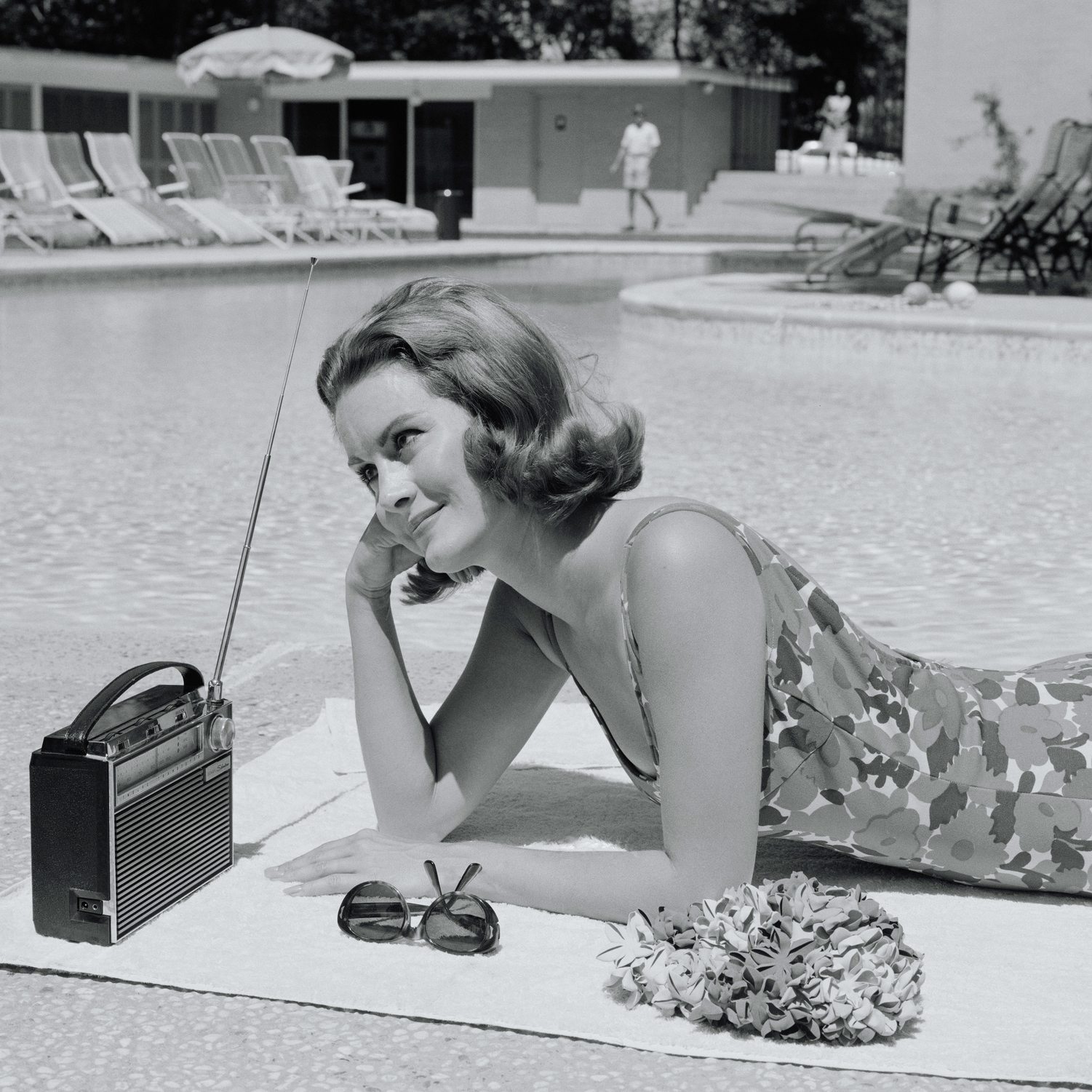Internationalization
The acquisition of KPM by the EMI Group in the late 1960s marked the entry of major players in the music industry into production music. However, during these years, the activity remained a niche market reserved for independents. Outside of the EMI Group, no other major in the music industry showed serious interest. During this particularly prosperous period for popular music, many music illustration companies were established in countries where copyright was the norm.
In France, Sonimage/ Musique pour l’Image, a company created by Robert Viger, was already offering avant-garde production, revealing the creative potential of the industry by releasing albums of jazz and electro-acoustic music. Other companies, like Montparnasse 2000, or Télé Music, directed by Roger Tokarz, became market leaders. The catalog of
Télé Music includes reference recordings that would later be sampled by famous Anglo-Saxon artists in the 1990s/2000s. Among its composers are Bernard Estardy, Pierre-Alain Dahan, Slim Pezin, and Marc Chantereau. Chappell France, for its part, published the now-cult recordings of Jack Arel and Jean-Claude Petit.
Eddie Warner’s company (not to be confused with Warner Brothers), L’Illustration Musicale, released *Western Patrol*, the oldest TV theme in France, for the show “Des Chiffres et des Lettres.” Its catalog also includes many works by Roger Roger and Nino Nardini, leading composers of the time. L’Illustration Musicale was acquired by Zomba Music in the 1990s, before being integrated into the BMG group in 2003, and then Universal in 2007.
In 1965, Gerhard Narholz founded Sonoton in Germany and Austria, the world’s largest independent production music company, which has remained a reference in German-speaking countries as well as in the USA. Another major German music library is “Selected Sound,” a member of the EMI Group, long managed by Hans Muller.
While there were numerous music libraries in the UK, France, and Germany, some of which only released a few albums, Italy was also a hub of innovation. In the 1960s and 70s, many original or kitsch labels emerged. Alongside music illustration departments of major publishers like CAM, the state-owned Fonit-Cetra, Carosello, Leonardi, and RCA Italiana, more than fifty independent labels appeared. Among them were labels created by composer Piero Umiliani, such as Liuto and Omicron, and Intermezzi, the label of Alessandro Alessandroni. The vinyl records from Italian labels are now highly sought after by collectors for their distinctive sound, originality, and creative freedom.
It is worth noting that in Italy, the greatest film music composers like Ennio Morricone, Riz Ortolani, Luis Bacalov, and Bruno Nicolai worked in music
